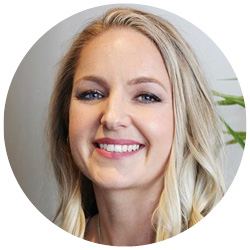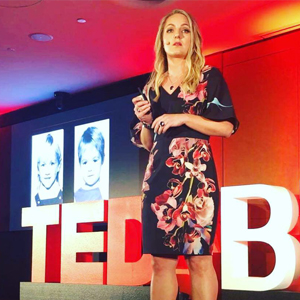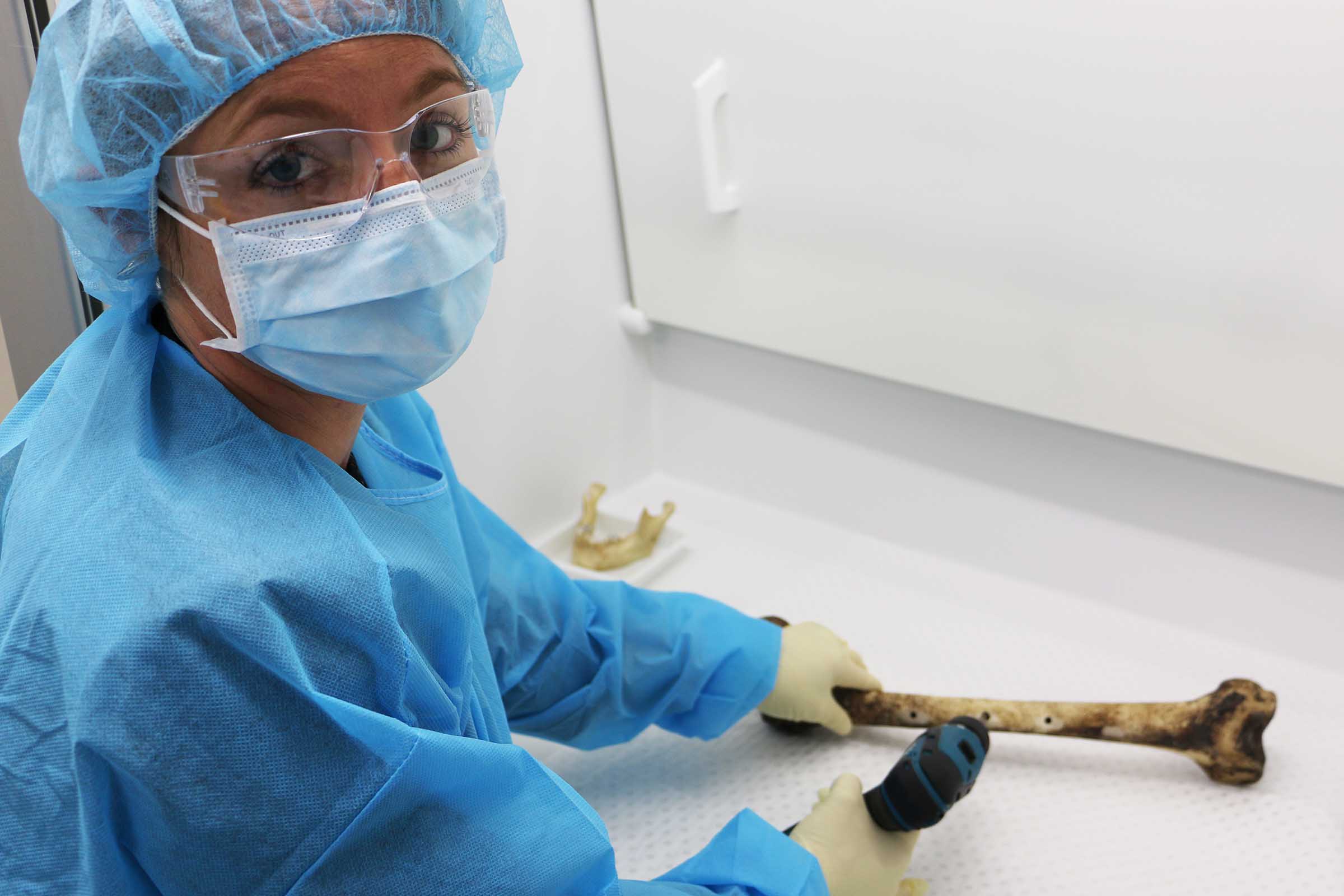Self-declared forensic humanitarian and Charles Sturt University postgraduate student Dr Jodie Ward is changing lives. Jodie is living her passion as she helps families of missing persons. Studying a postgrad course has helped Jodie take her forensics career further and step into a management role as team leader of New South Wales Health Pathology’s specialist DNA laboratory.

Jodie is dedicated to championing the introduction of a national DNA program to resolve Australia’s unidentified and missing persons cold cases.
Why did you choose to study with Charles Sturt?
“I chose to study a Graduate Certificate in Management at Charles Sturt University because it was being delivered as a mixed-mode course. So it offered the flexibility of an online course and the enhanced learning opportunities of a weekly face-to-face lecture close to home.”
“Scientists don’t necessarily make very good managers! So this qualification provided me with the organisational change, financial and human resources management skills needed to transition from a technical expert to a leader in my field.”
How can a postgraduate degree give you a competitive advantage in your forensics career?
“The qualification allowed me to apply the knowledge and skills I was learning to my current work environment through authentic, relevant and action-based assessments. So I was able to demonstrate my leadership qualities and make positive changes immediately.”
How did you fit study into your life?
“Balancing my full-time forensics career as a DNA specialist and casual employment as a forensic biology lecturer with part-time study was extremely challenging. I had to make many sacrifices in order to complete the postgrad course requirements. But I have never been afraid of hard work. I know I am a better person for having taken on that challenge!”
What is the most rewarding part of your job?
“The most rewarding part of being a forensic DNA specialist is using DNA technology to identify unknown and missing persons. It provides much-needed answers for their families. For the past decade, I have also been a forensic biology lecturer and an adjunct associate professor. These academic positions allow me to educate, inspire and mentor the next generation of forensic scientists. I also lead and supervise research in the exploration of emerging DNA technologies. These are designed to improve the efficiency and effectiveness of the DNA identification of compromised human remains and mass disaster victims.”
Regardless of the industry or their level within an organisation, employees are going to need to be dynamic, agile and innovative to thrive in the future workforce.
Where do you hope to be in your career in five years?
“My next career goal is to establish and lead a National Centre for Forensic Human Identification. This will be a dedicated facility for the forensic examination and identification of contemporary and historical human remains.”
How did it feel to be nominated in the year’s Australian Financial Review 100 Women of Influence?
“I was humbled to be recognised for pioneering the NSW Health Pathology’s Specialist DNA Laboratory, which has identified approximately 40 unknown individuals in four years. Also, for championing the introduction of a national DNA program to resolve Australia’s unidentified and missing persons cold cases.”

How important is it to recognise the achievements of women who are making a difference in their fields?
“Women often don’t give themselves enough credit for their amazing achievements. And self-promotion often doesn’t come naturally to us. Therefore it is very important that we recognise, promote and celebrate the talented women who are making a difference to their field and society.”
What are you passionate about and how do you want to make an impact in your community?
“I am passionate about using DNA technology to improve the lives of Australians; specifically to identify the hundreds of unidentified human remains in Australia and determine if they are some of the thousands of long-term missing Australians. This passion drives my quest in my forensics career to influence decision-makers and engage stakeholders to support a DNA-led identification approach.
“I’m also passionate about being a Superstar of STEM. I have embraced the opportunity to share my love for science with the public, be a role model for young women and girls, and advocate for gender equity in the forensic sciences. I recently completed a tour of high schools on the NSW Far South Coast (where I grew up). This was to help inspire regional and rural female students to pursue a career in STEM. Additionally, I mentored a local girl from Bega aspiring to be a forensic scientist and assisted with her transition from high school to university.”
A postgrad course can be challenging if you are also working full-time. Choosing something you’re passionate about helps. Draw on experiences from your current work so you can apply your learnings straight away. Plus, negotiate study leave – sell yourself and the new knowledge and skills you can bring to the organisation!
You can connect with Dr Jodie Ward at:
LinkedIn: linkedin.com/in/drjodieward
Twitter: @DrJodieWard
Ready to take the next step in your career?
Progress your career and make a real impact in a field you’re passionate about with a Charles Sturt postgrad course. If your goal is to secure a management position, our wide range of versatile postgraduate business courses will open up career opportunities in Australia and around the world. Make your next move count.
Contact us to find out more.


You must be logged in to post a comment.